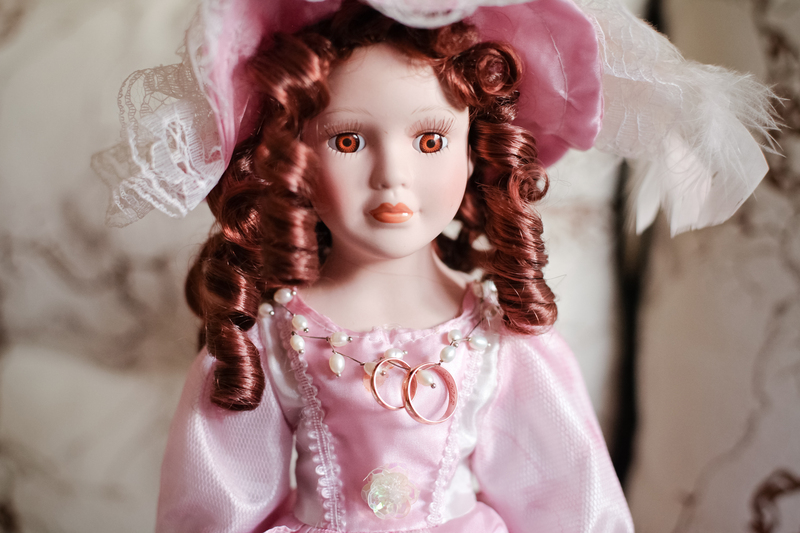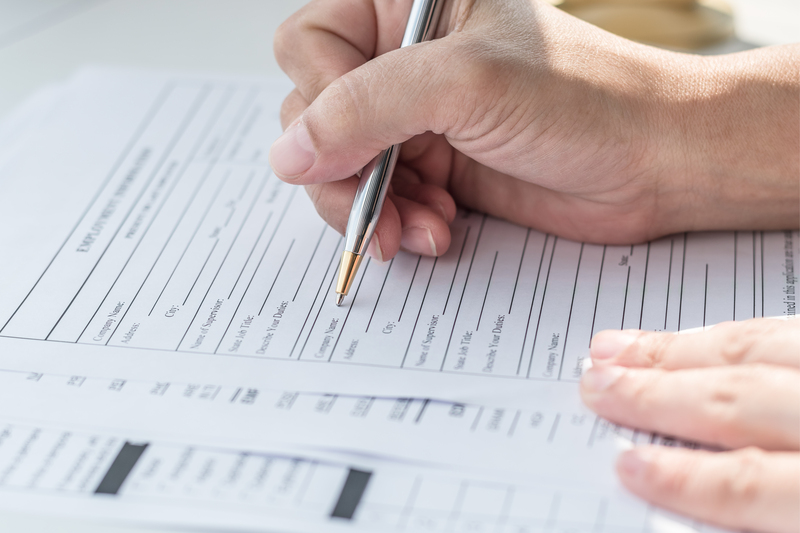Don't Forget the Environment this Easter: Tips for Recycling Your Egg Packaging
As Easter approaches, many of us are getting ready to celebrate the holiday with colorful eggs, delicious chocolate treats, and festive decorations. But as we enjoy the festivities, it's important to remember the impact our celebrations can have on the environment. With millions of people participating in Easter traditions each year, the amount of waste produced can be staggering. One way to reduce this waste is by recycling your egg packaging. This not only helps to protect the environment, but also promotes sustainability for future generations. In this article, we will discuss why recycling your egg packaging is so crucial and provide tips on how you can do it effectively.
The Importance of Recycling Egg Packaging
When we think about Easter, we often associate it with painted eggs and bright-colored baskets filled with goodies. But behind these cheerful images lies a stark reality - the massive amount of waste that accumulates during this holiday season. According to data from the Environmental Protection Agency (EPA), food waste increases by 25% during Easter weekend, and most of it includes egg cartons and other packaging materials.
The production and disposal of food packaging contribute significantly to greenhouse gas emissions and landfills. Egg cartons may seem small and insignificant, but when combined with millions of others thrown away every year, they can have a significant impact on the environment. By recycling your egg packaging, you can help reduce this negative impact and conserve natural resources.

Tips for Recycling Your Egg Packaging
1. Check Local Recycling Guidelines
Before tossing your egg packaging into the recycling bin, make sure you check your local guidelines first to ensure they accept this type of material. Not all communities have the same recycling capabilities, so it's essential to follow your area's regulations to ensure your efforts are not wasted.
2. Rinse Before Recycling
Make sure to rinse off any remaining residue from your egg cartons before recycling them. This helps prevent contamination and ensures that the materials can be properly recycled.
3. Reuse for Gardening
Egg cartons can also be repurposed for gardening. You can use them as seed starters by filling each compartment with soil and planting seeds inside. Once the seedlings have grown, you can cut the carton into smaller pieces and plant them directly into the ground.
4. Donate to Local Farms
If you live near a farm, consider donating your egg packaging to them. Many small-scale farms use egg cartons to sell their eggs, and they are always in need of more packaging materials.
5. Use as Craft Supplies
Egg cartons can also serve as excellent craft supplies for children's art projects or DIY home decor projects. Get creative and transform your egg packaging into something new and fun!
The Pros and Cons of Recycling Egg Packaging
Pros:
- Reduces waste in landfills
- Conserves natural resources
- Protects the environment
- Promotes sustainability for future generations
Cons:
- Not all communities have recycling capabilities for egg packaging
- Requires effort to rinse before recycling
- Can be time-consuming to find alternative ways to reuse or repurpose
- May not be suitable for all types of crafts or gardening projects

Takeaways
As you prepare for Easter this year, remember the importance of recycling your egg packaging. By following local guidelines and taking simple steps like rinsing before recycling, you can make a significant impact on reducing waste and protecting our environment. Get creative with your egg cartons by using them for gardening or crafting projects, or donate them to local farms - the possibilities are endless!
Conclusion
In conclusion, as we celebrate Easter and its traditions, let's also keep in mind our responsibility towards the environment. Recycling your egg packaging is a small but crucial step towards promoting sustainability and protecting the planet. By following the tips mentioned above, we can all do our part in reducing waste and preserving natural resources for future generations to come. So this Easter, let's not forget the environment and make it a greener and more eco-friendly holiday!




